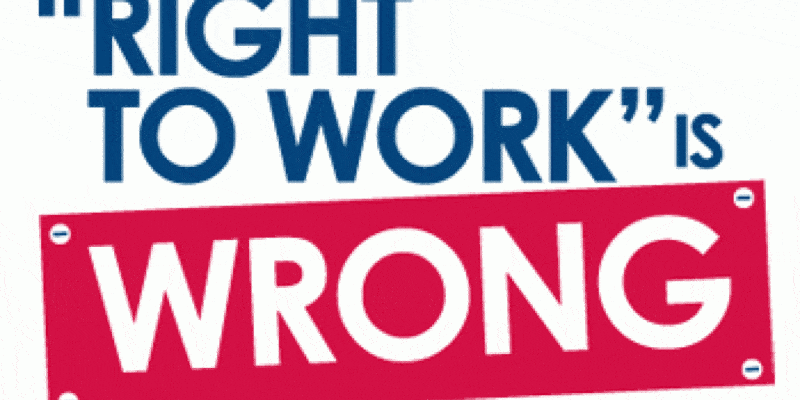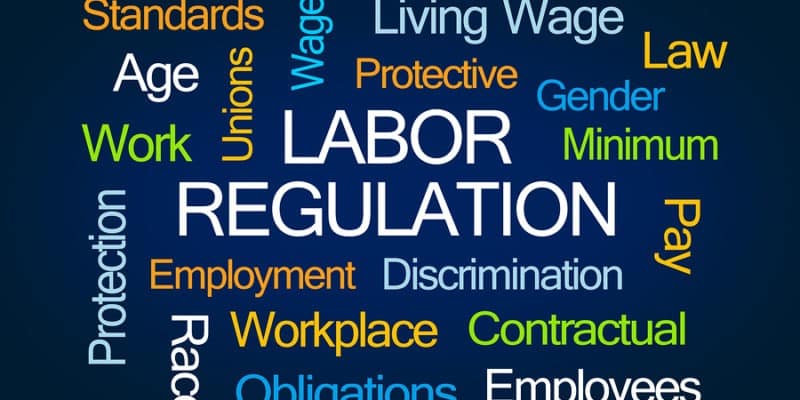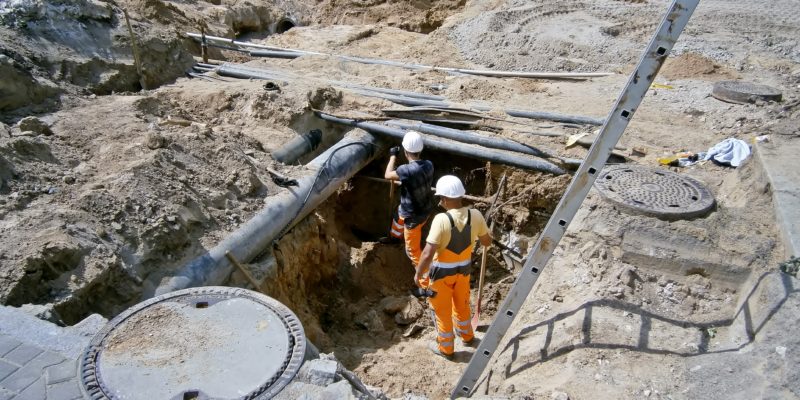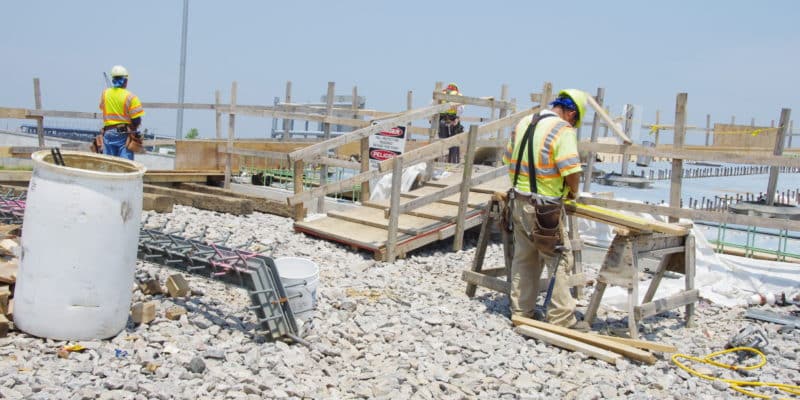Labor Commissioner & Consumer Affairs Alert Garden State Accountants on Misclassification this Tax Season
Misclassifying workers as 1099 independent contractors denies benefits and costs the state
March 20, 2019, 4:41 pm
TRENTON – This tax season, the New Jersey Department of Labor and Workforce Development, in conjunction with the New Jersey Division of Consumer Affairs, sent a letter to Garden State accountants reminding them of the legal standard for proper classification of employees and reinforcing the state’s commitment to ending worker misclassification.
By misclassifying workers as independent contractors – workers who receive 1099s, not W-2s – employers avoid paying unemployment and disability taxes, costing state and federal taxpayers untold millions of dollars. In New Jersey alone, auditors have identified more than $80 million in underreported employer contributions since 2010.
“One of the Labor Department’s primary responsibilities is protecting workers from unscrupulous business practices, and supporting responsible businesses by ensuring everyone plays by the same set of rules,” said Labor Commissioner Robert Asaro-Angelo. “We are engaging New Jersey’s accounting professionals to send the message to employers that they are not able to shirk their responsibilities simply because they have unlawfully elected to use a particular form.”
Workers misclassified as independent contractors are ineligible for the wage and overtime protections and benefits afforded to employees, and can find themselves underpaid and without basic labor and OSHA protections. Additionally, independent contractors are not covered under the National Labor Relations Act, which makes it more difficult for them to organize and collectively bargain with an employer.









